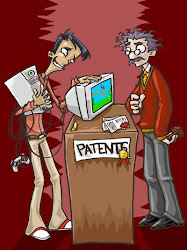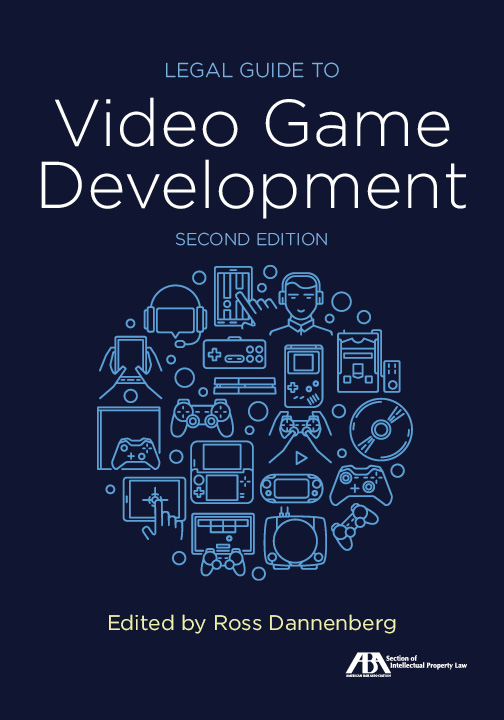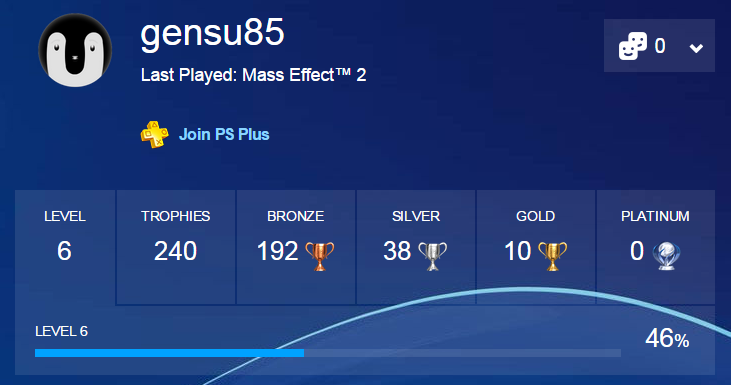This lawsuit has seen a lot of action recently. As previously reported, Innovention Toys LLC (“Innovention”) filed suit against MGA Entertainment Inc., and the retailer defendants (collectively “MGA”), for allegedly infringing U.S. Patent No. 7,264,242, (“the ‘242 patent”) entitled "Light Reflecting Board Game." The district court granted Innovation’s motions for summary judgment of infringement and validity. After a failed Motion for Reconsideration, MGA appealed to the U.S. Court of Appeals for the Federal Circuit (“Federal Circuit”) requesting review of the lower court’s finding of infringement and non-obviousness. The full decision is here and summarized below.
Regarding the issue of infringement, MGA did not argue against the lower court’s interpretation of the claim term “movable,” however, insisted that the court incorrectly compared the term to the allegedly-infringing product – Laser Battle. (As a reminder, “movable” was construed to mean "capable of movement as called for by the rules of the game or game strategy”). Specifically, MGA argued that Laser Battle contained instructions which advised against moving the “Tower pieces” as part of game play or strategy. The Federal Circuit disagreed and determined that the “Tower pieces” of Laser Battle were moveable because “even if the instructions suggest the pieces ‘should’ not so be moved, that capability is nevertheless present.” In this regard, the decision noted that MGA’s argument must implicitly disagree with the construction of “movable” to mean “capable of movement.” The Federal Circuit, therefore, affirmed the lower court’s finding of infringement.
For those drafting or licensing patents, this finding highlights the importance of broadening language in patent claims. For example, reciting a “selectable” item will encompass more items than a “selected” one. For those organizations, such as MGA, that sell commercial products with instructions of intended use, this decision rejects the idea that instructions supplied with a product will negate any properties or capabilities of the product. In short, don’t rely on intended use for determinations of infringement.
MGA faired much better on its appeal regarding non-obviousness. The Federal Circuit disagreed with the district court’s determination that the “Laser Chess” references were irrelevant. The lower court determined the Laser Chess references were non-analogous art since each discloses “an electronic version of the ’242 patent.” The Federal Circuit noted that “even if not in the same field of endeavor, [these references] would nonetheless have been reasonably pertinent to the problem facing an inventor of a new, physical, laser-based strategy game.”
The Federal Circuit also remanded the lower court’s determination that the level of ordinary skill in the art for the relevant patent was a layperson. This is important because a lesser skill “generally favors a determination of nonobviousess.”
On a separate front, the district court (Eastern District of Louisiana) acted on the damages portion of the case. Earlier this year, the district court determined that Innovention could not recover lost profit damages against MGA because its evidence was hearsay, which cannot be relied on for purposes of summary judgment. The rule directed towards summary judgment (Rule 56), however, was recently amended. (click here to see the amended text) Innovention, therefore, filed a Motion for Reconsideration, which the court granted. The district court, however, now must deal with the issues of non-obviousness that were recently sent back down from the Federal Circuit.
Regarding the issue of infringement, MGA did not argue against the lower court’s interpretation of the claim term “movable,” however, insisted that the court incorrectly compared the term to the allegedly-infringing product – Laser Battle. (As a reminder, “movable” was construed to mean "capable of movement as called for by the rules of the game or game strategy”). Specifically, MGA argued that Laser Battle contained instructions which advised against moving the “Tower pieces” as part of game play or strategy. The Federal Circuit disagreed and determined that the “Tower pieces” of Laser Battle were moveable because “even if the instructions suggest the pieces ‘should’ not so be moved, that capability is nevertheless present.” In this regard, the decision noted that MGA’s argument must implicitly disagree with the construction of “movable” to mean “capable of movement.” The Federal Circuit, therefore, affirmed the lower court’s finding of infringement.
For those drafting or licensing patents, this finding highlights the importance of broadening language in patent claims. For example, reciting a “selectable” item will encompass more items than a “selected” one. For those organizations, such as MGA, that sell commercial products with instructions of intended use, this decision rejects the idea that instructions supplied with a product will negate any properties or capabilities of the product. In short, don’t rely on intended use for determinations of infringement.
MGA faired much better on its appeal regarding non-obviousness. The Federal Circuit disagreed with the district court’s determination that the “Laser Chess” references were irrelevant. The lower court determined the Laser Chess references were non-analogous art since each discloses “an electronic version of the ’242 patent.” The Federal Circuit noted that “even if not in the same field of endeavor, [these references] would nonetheless have been reasonably pertinent to the problem facing an inventor of a new, physical, laser-based strategy game.”
The Federal Circuit also remanded the lower court’s determination that the level of ordinary skill in the art for the relevant patent was a layperson. This is important because a lesser skill “generally favors a determination of nonobviousess.”
On a separate front, the district court (Eastern District of Louisiana) acted on the damages portion of the case. Earlier this year, the district court determined that Innovention could not recover lost profit damages against MGA because its evidence was hearsay, which cannot be relied on for purposes of summary judgment. The rule directed towards summary judgment (Rule 56), however, was recently amended. (click here to see the amended text) Innovention, therefore, filed a Motion for Reconsideration, which the court granted. The district court, however, now must deal with the issues of non-obviousness that were recently sent back down from the Federal Circuit.




